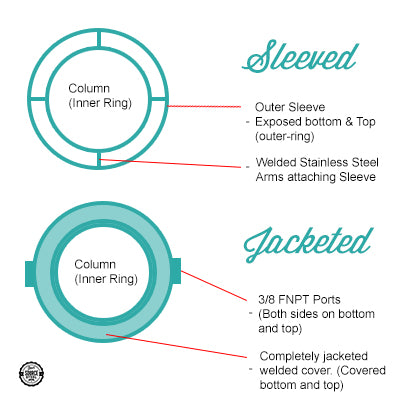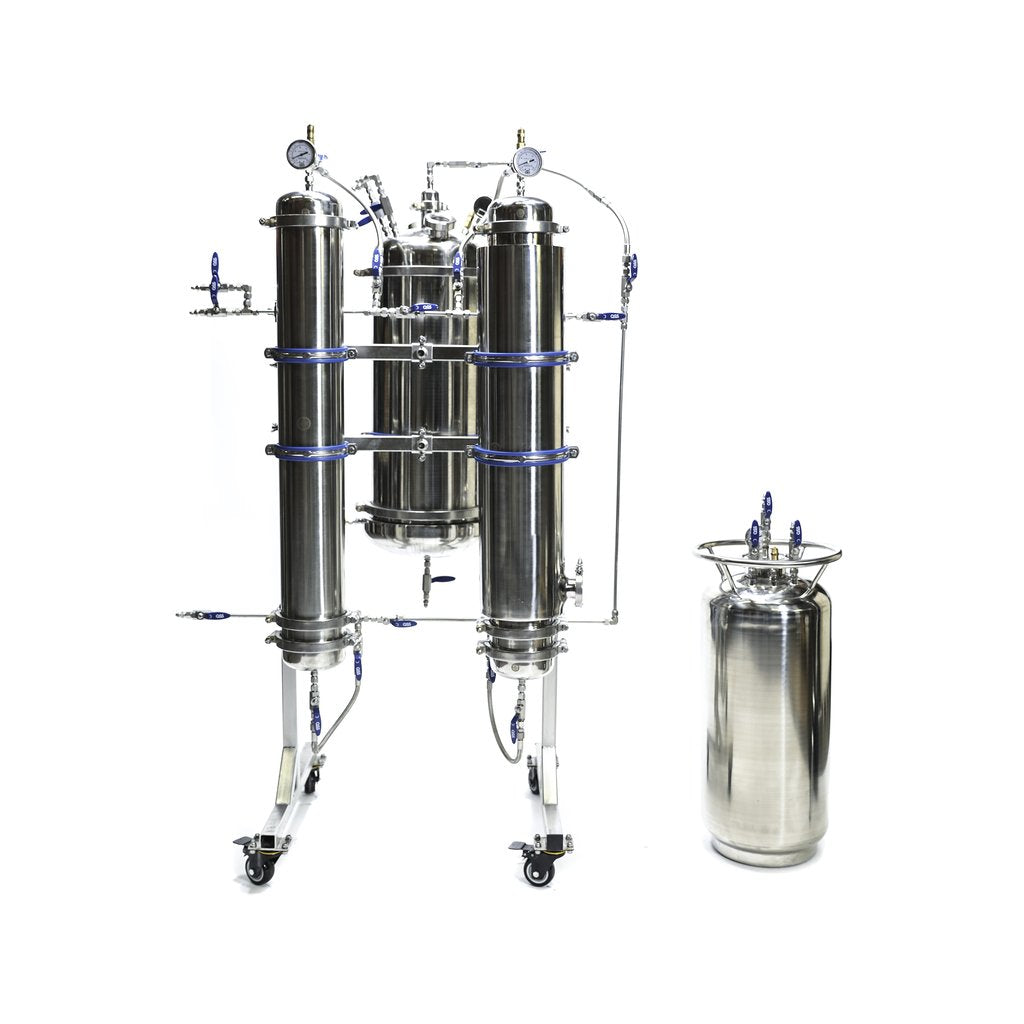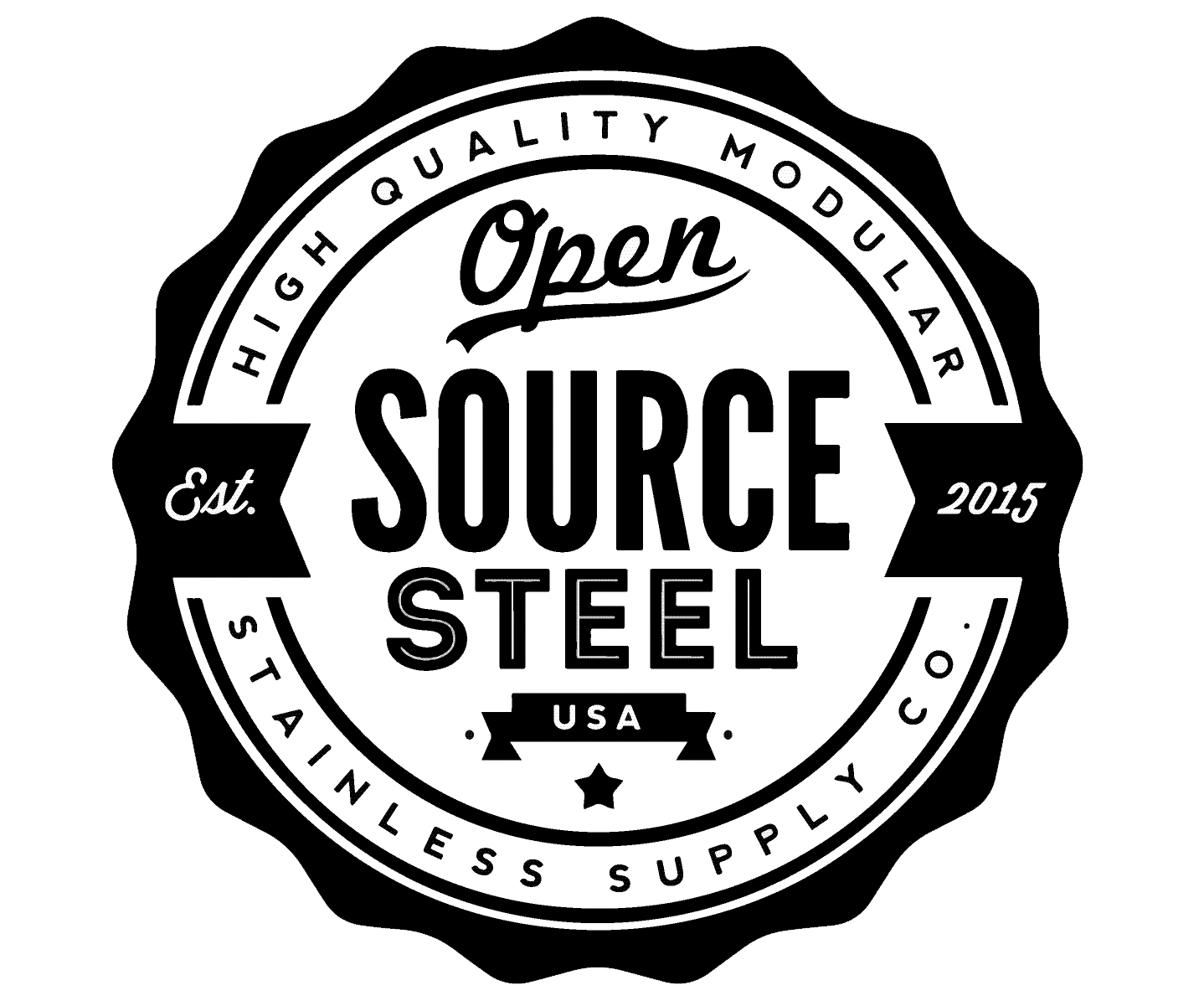FAQ
Frequently Asked Questions
Know your local state and federal laws before performing any solvent based hydrocarbon extraction. Open Source Steel does not condone or promote any illegal activities. Our customers agree to use our products at their own risk.
- What is Solvent Extraction?
Liquid–liquid extraction also known as solvent extraction and partitioning, is a method to separate compounds based on their relative solubilities in two different immiscible liquids, usually water and an organic solvent. It is an extraction of a substance from one liquid into another liquid phase. From Wikipedia.
- What are the benefits of Closed Loop Extraction?
Safety. Containing your solvent within your extraction method is safer and allows recycling.
- Where is my order's tracking information available?
Your tracking information is available immediately upon receipt of tracking information from the carrier. There is an automated email sent to you once you've placed an order and it's been shipped. You may also login to our website to check your order status and shipping information.
- What is the difference between Jacketed and Sleeved?
A jacketed column is completely covered providing an input and output port welded above and below. A sleeved column is open on the top and bottom of the column, with multiple arms attaching the stainless steel sleeve. See the diagram below:

- I believe some items are missing or didn't ship in the same box, what do I do?
Compose an email (preferably from the address you've placed orders with) to Support@opensourcesteel.com, a ticket will be generated and your case will be handled accordingly. All service tickets opened are normally responded to within 12 hours of submission.
- I opened my box and my gear is in pieces.
To maintain the philosophy and spirit of Do-It-Yourself we will ship your items without any valves attached and your kits disassembled. Always remember to tighten and test all your gear.
- What PSI rating are your Solvent Tanks?
Our Solvent Tanks are rated for over 200 PSI operating pressure.
- I have further questions.

